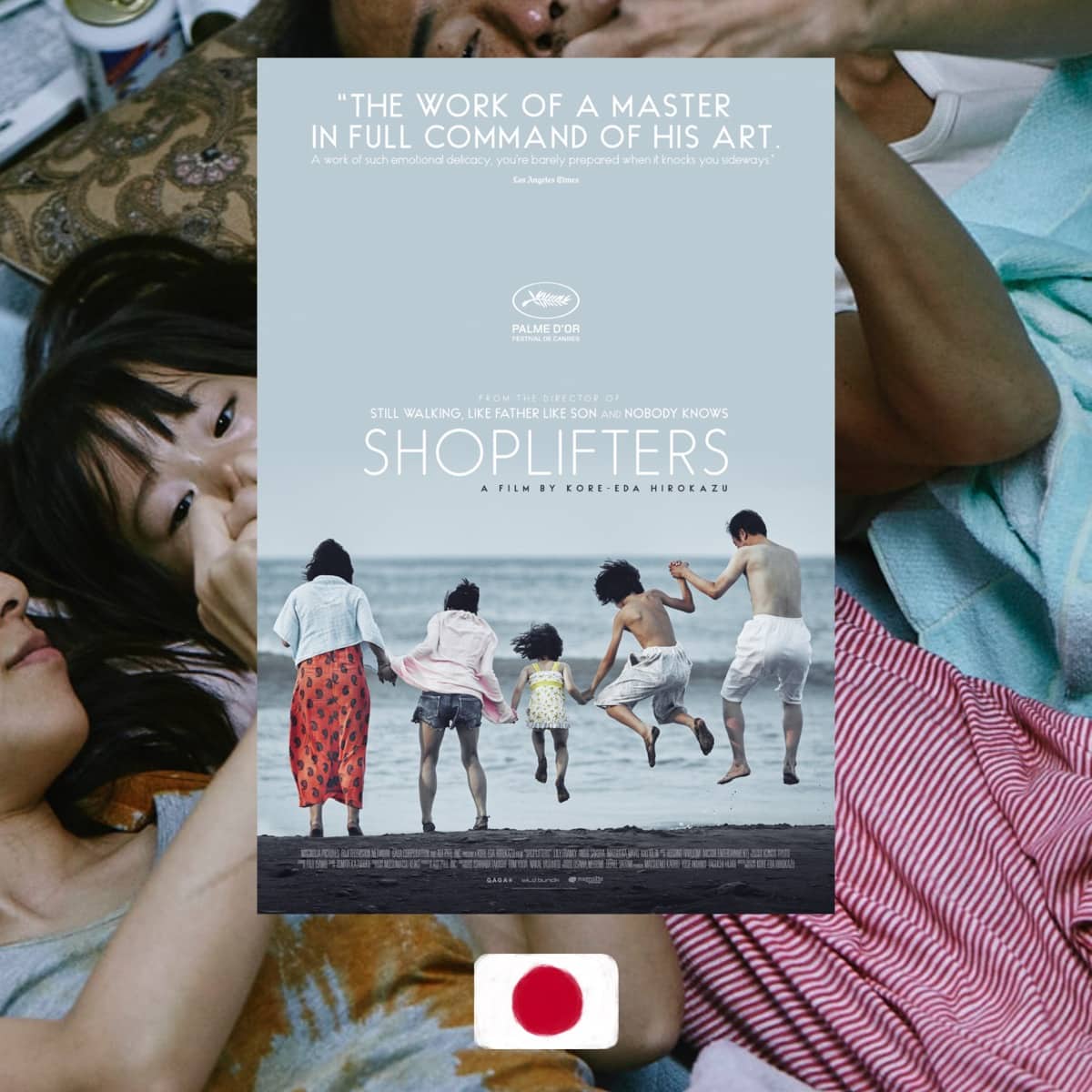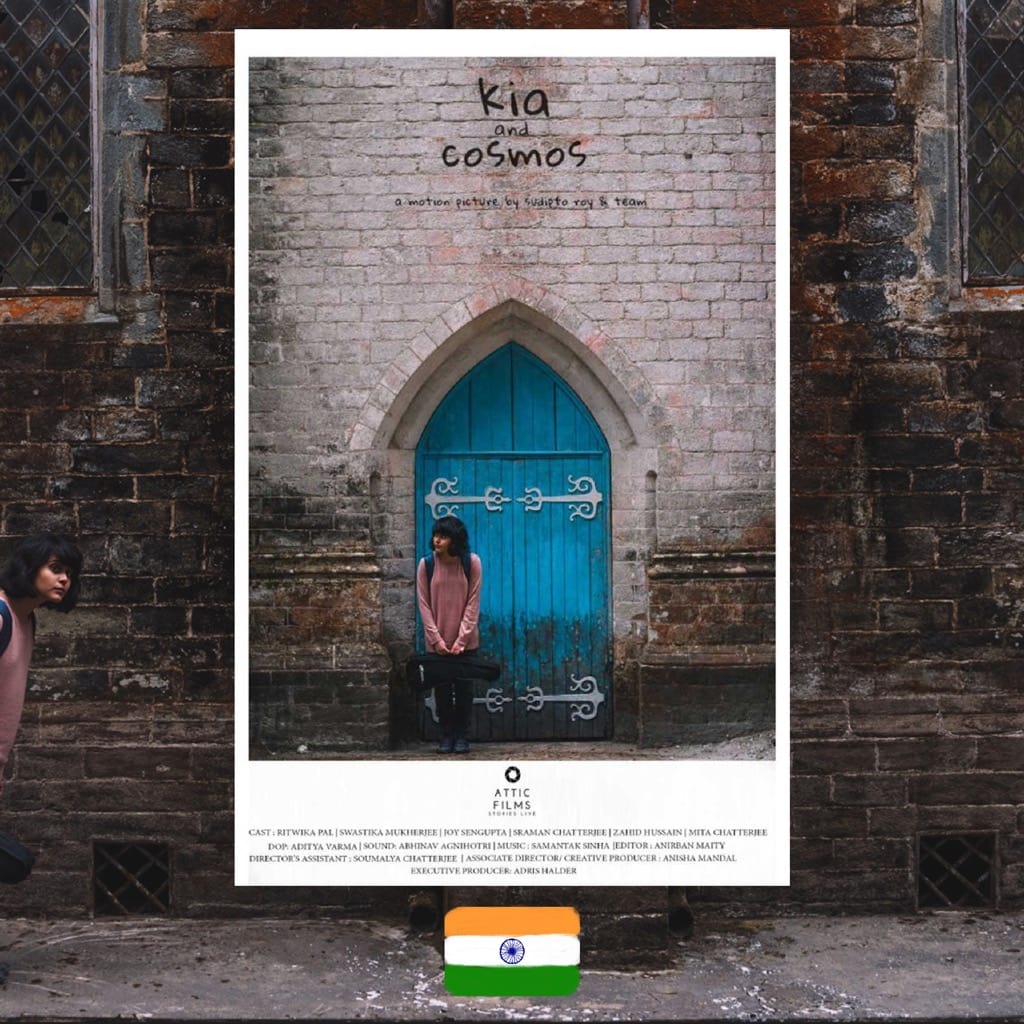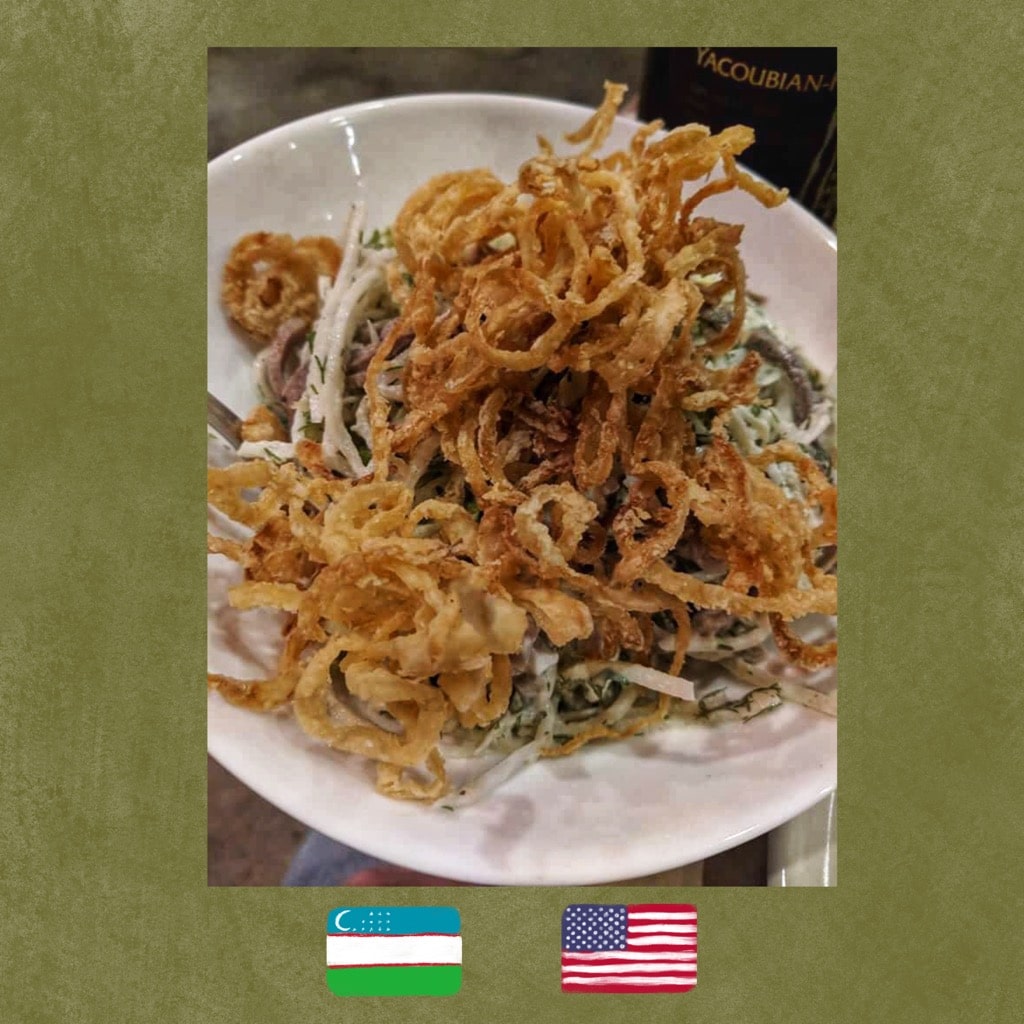Activists from a Thai NGO risk their lives to liberate modern-day slaves from forced labor on fishing boats: the true price of affordable shrimp at Walmart, Whole Foods and elsewhere
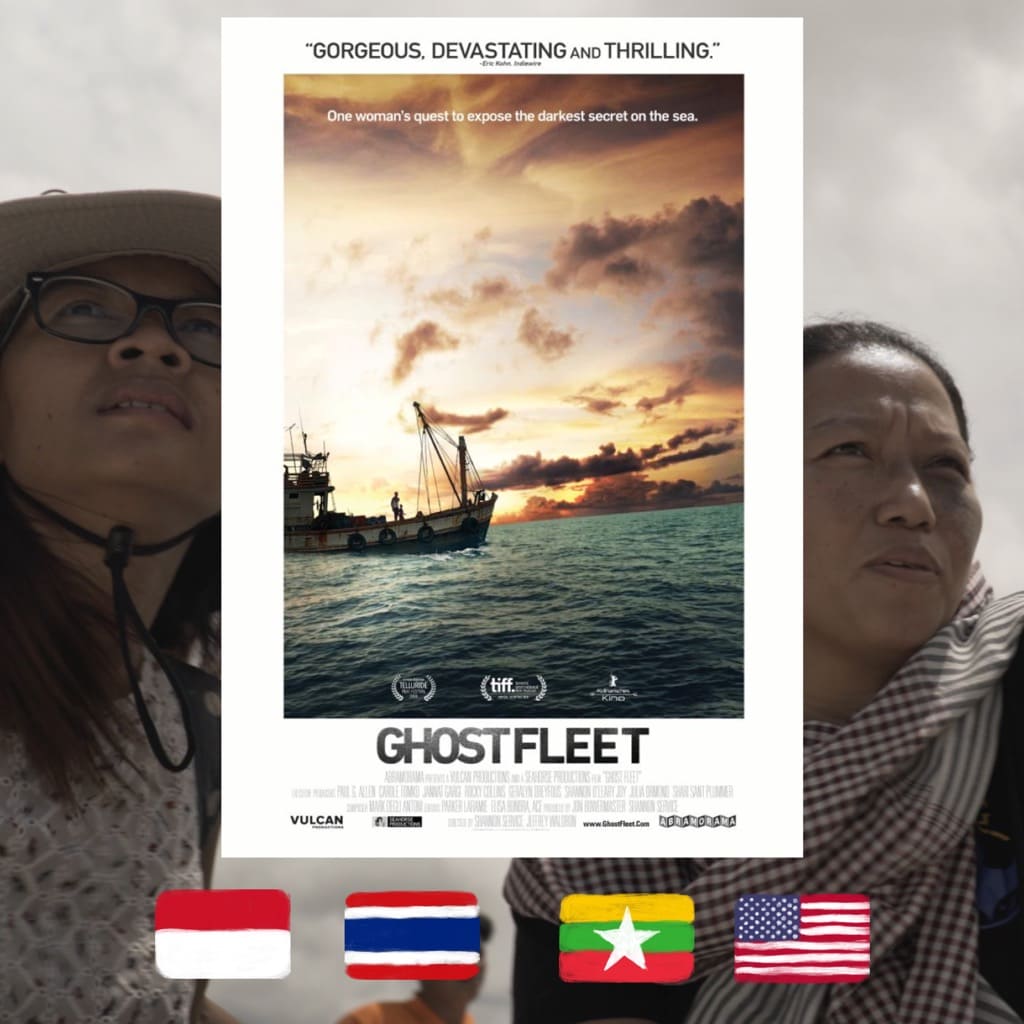

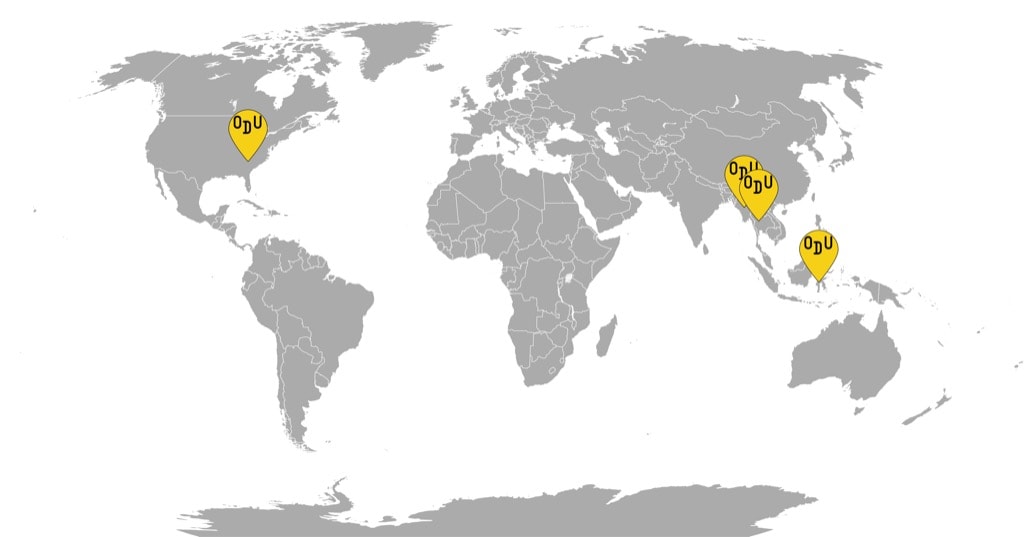
FROM THAILAND, INDONESIA, MYANMAR, and UNITED STATES
WHAT IT’S ABOUT: Despite the many advances in technology and human rights, being kidnapped and forced into slavery in today’s world is not that much more complicated than it was 200 years ago. “Ghost Fleet” follows a Thailand-based NGO that tracks down Southeast Asian men who are made slaves on fishing vessels and helps reunite them with their families. The relentless, brave work of the NGO staff is showcased along with the unbearable misery which the kidnapped men have to live through.
WHO MADE IT: Shannon Service is a reporter who first broke out the story on Thai fishing slavery in 2012, together with Becky Palmstrom. She joined forces with cinematographer Jeffrey Waldron, who is known for his work on various TV shows, including “Dear White People” and “Brockmire,” to make a documentary on the subject. The superheroes at the center of the narrative are LPN foundation, a network of activists that battle contemporary slavery out of Thailand. Patima Tungpuchayakul and her husband Sompong Srakaew are the co-founders. Tungpuchayakul makes trips to retrieve the slaves, and Srakaew takes care of policy, advisory, and their little son. Meanwhile, staff member Tun Lin, who covers translations to 4 languages and migration aid, is a former slave himself. Rescued by Patima in 2014 after ten years of forced labor in Somali, the Indonesian man joined LPN himself to help others escape their floating prisons. In addition to rescuing workers, LPN also works on their reintegration into society by providing educational resources, shelters, and help with the mitigation of compensation from the governments.
WHY DO WE CARE: There are many iterations in which slavery exists today. It’s crucial to know how the systems of forced labor work and the way middle-class consumers are complicit in them. “Ghost Fleet” uses reenactments and testaments of former slaves to explore the horrific conditions in which fishing slaves are held. Some receive corporal punishment; others lose limbs. Survivors testify to their friends dying as a result of dangerous labor conditions, or at the hands of their slavers. But the most striking, perhaps, is the ease with which someone in South Asia can be abducted. The film begins with a recollection of a man who ended up enslaved on a boat for five years after a rowdy night in the city. Something that sounds like an urban legend to someone privileged is, in fact, the chilling truth. “Ghost Fleet” pulls no punches to establish the maddening stakes in the seafood game. Slavery is rampant and fed by the big bucks of profits, and very few people care to do something to help the slaves.
WHY YOU NEED TO WATCH: Because we all need to be aware of our food’s provenance. Walmart, Whole Foods, and Red Lobster are just a few of the biggest conglomerates that have been implicated in acquiring seafood from problematic fisheries. While “Ghost Fleet” does not cover the issues of supply chains (this project does, though), it does a remarkable job of showing what exactly is wrong with the system in place. Perhaps one of the most potent things that any documentary work preoccupied with social issues can do is to break the ice on the alienation of labor. “Ghost Fleet” does it masterfully. It will be tough for anyone to eat shrimp from doubtful sources after hearing one of the former slaves on “Ghost fleet” talk about his friend who was decapitated by a fishing net. Or after learning about Patima Tungpuchayakul who risks her life liberating the enslaved. A necessary, challenging film, “Ghost Fleet” also exists in the VR version. I haven’t seen it yet but can’t think of a more appropriate form to communicate the claustrophobia and misery of slavery at sea than VR.
Ghost Fleet, 2018
Directors: Shannon Service and Jeffrey Waldron
For more content like this sign up for our weekly newsletter
WATCH THE TRAILER



